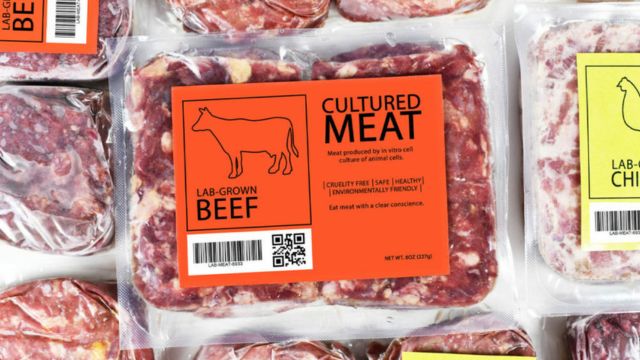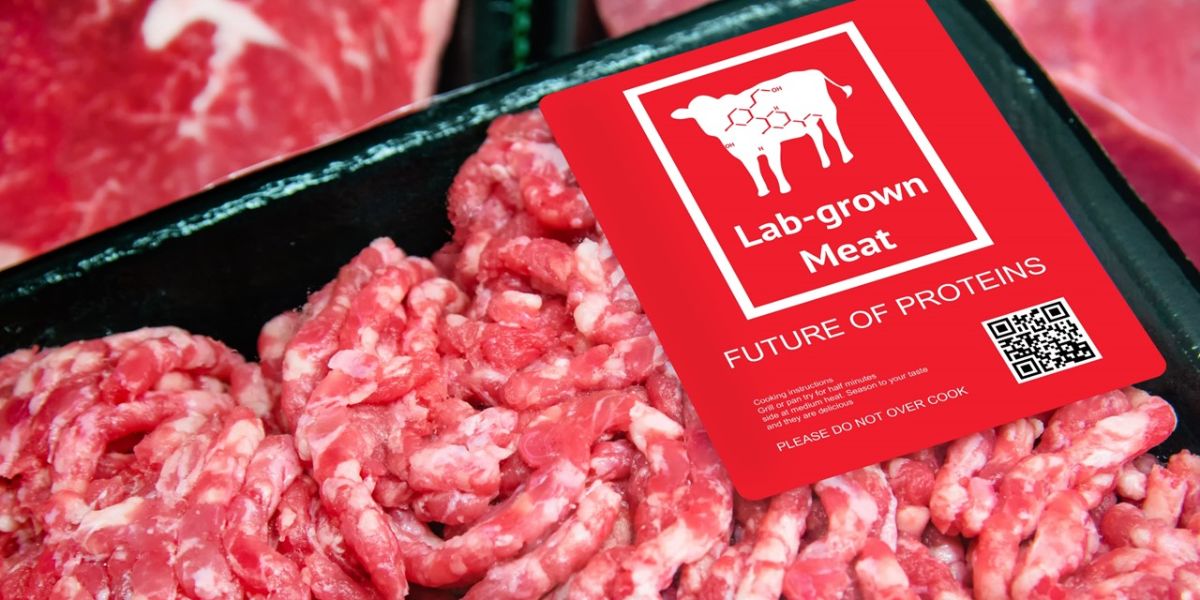The next state to enact legislation prohibiting cell-cultured beef is Nebraska.
A bill introduced by Senator Barry DeKay would prohibit the production, distribution, and sale of lab-grown beef in Nebraska. According to the Pure Food Act, the bill defines “cultivated food protein” and mandates that such goods be marked as “adulterated food products.”
“There are clear, recognized benefits of meat as a source of protein. It is uncertain whether manufactured meat protein is a substitute for natural meat sources as essential dietary needs. I question elevating lab meat to a level of equivalency with real meat,” DeKay stated. “Until or unless there are clear labeling rules that adequately disclose that cultured meat is not real meat, its sale allows lab meats to unfairly benefit from industry investments in marketing and production. What’s more, this industry is supported by organizations that want to do away with animal production in Nebraska and the United States. This is part of the process that we’re going to go through to make sure our way of life, our livestock, and our product that we can put on the dinner table stays intact going forward.”
According to Governor Jim Pillen, legislation such as this is essential to maintaining and safeguarding Nebraska agriculture.
“It’s important we get on the offense so that Nebraska farmers and ranchers are not undermined,” Pillen stated. “Our job is to protect consumers, grow agriculture and defend agriculture.
Most of us want government out of our hair, but there are places where government needs to step in and protect us.”
Legislation prohibiting the production, distribution, and sale of cell-cultured beef was contemplated in Alabama, Arizona, Florida, and Tennessee during the 2024 legislative sessions.

The only states to successfully enact legislation and have it signed into law were Florida and Alabama. In Arizona, the House bill passed but the Senate rejected it, and in Tennessee, neither the House nor the Senate’s proposed legislation was presented on the chamber floor.
According to Alabama law, it is a Class C crime to manufacture, sell, or distribute food items made from animal cells. The bill’s fiscal note states that food sales enterprises that violate its requirements may face civil fines ranging from $100 for a Class II violation to $10,000 for a Class V violation.
LA Wildfire Tragedy: Search for 36 Missing People Intensifies as Death Toll Hits 27
The measure does not, however, prohibit research on the production of cultivated food items in Alabama by any federal institution of higher education or by an individual working in partnership with a public body or institution of higher education.
Florida’s legal precedence from earlier last year was followed by Alabama’s ban. SB 1084 was passed into law by Governor Ron DeSantis, who stated that it will “stop the World Economic Forum’s goal of forcing the world to eat lab-grown meat and insects, ‘an overlooked source of protein.'”
Public Health Concern: Respiratory Illness Cases Surge in Pennsylvania, New Jersey, and Delaware
Instead, it will be “increasing meat production, and encouraging residents to continue to consume and enjoy 100% real Florida beef.”
In 2013, Mark Post from Maastricht University produced the first meat produced in a lab. The cultured meat patty took two years to generate, cost over $325,000, and was composed of over 20,000 muscle tissue strands.
Cell-cultivated beef is currently sold by more than 150 businesses worldwide, including 43 in the US.




